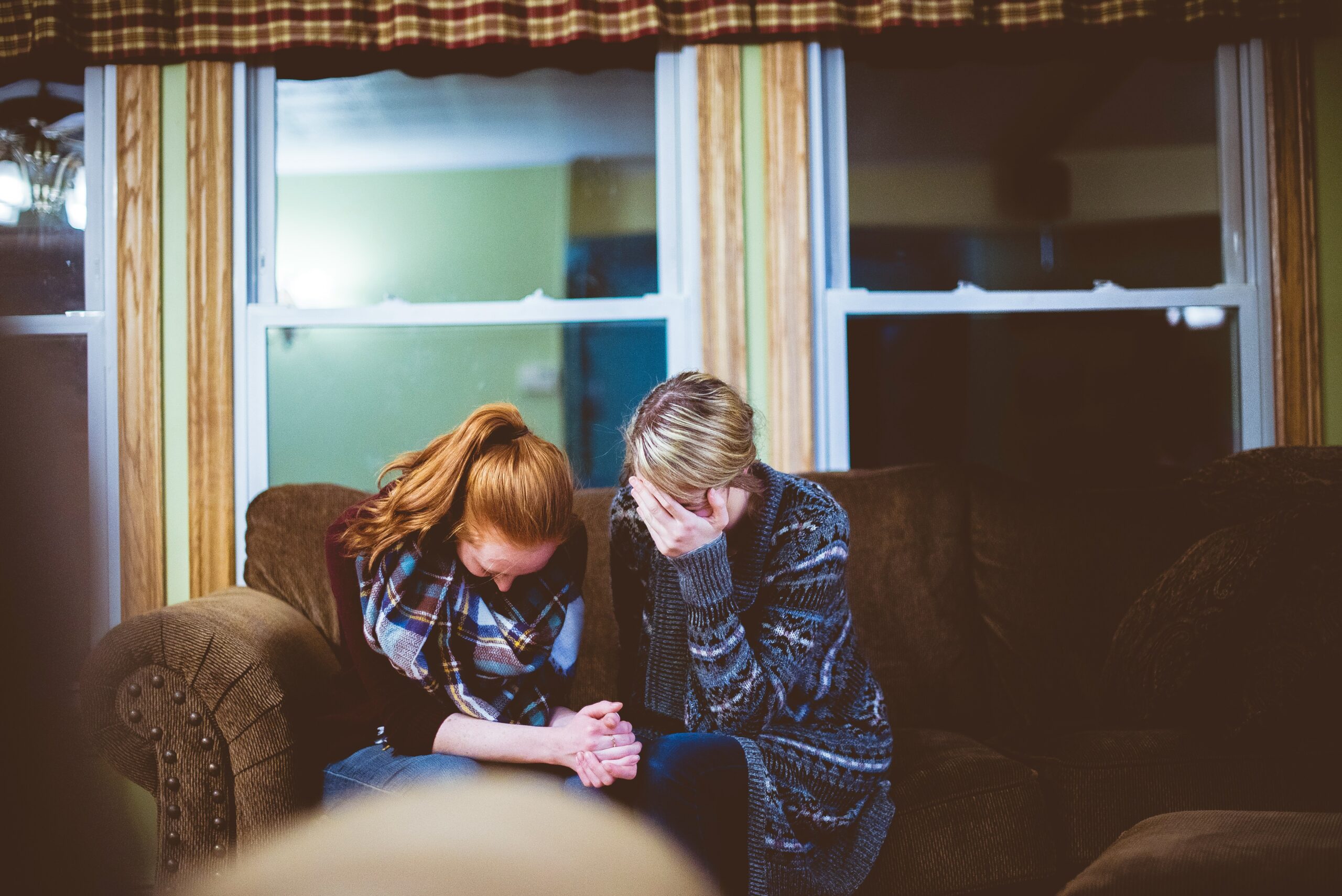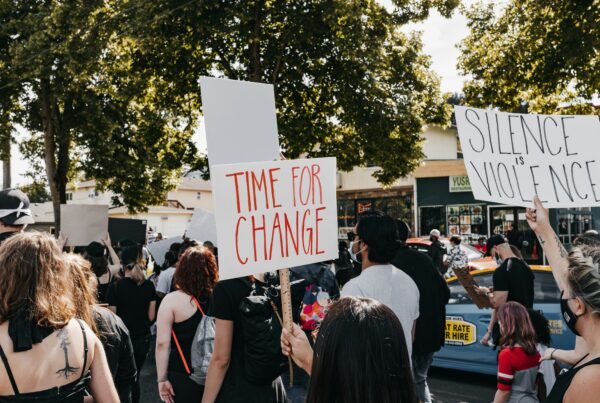Photo Credit: Photo by Ben White on Unsplash
Navigating grief is a challenging emotion for most of us. When we experience grief, it’s because we’ve lost something or someone we deeply care about. Grief can be a mix of other difficult emotions like anger and remorse, making it even harder to confront than sadness alone. The complex experiences of grief show up as emotions and as physical sensations in our bodies. While everyone experiences grief differently, some commonalities help us understand how it manifests in our lives.
Grief is Physical, Not Just Emotional
First, remember that all emotional experiences are physical experiences in the body. We perceive everything in our lives as a physical event, even thoughts and emotions. Before we can understand an emotion or thought, we first experience it physically. This is how we learn about our world—through physical sensations. Understanding that our experiences begin physically can make it easier to deal with whatever we are going through. Let’s use grief as an example to illustrate this.
Grief is often described in stages, based on Elisabeth Kübler-Ross’s 1969 book, On Death and Dying. Although she later clarified that the stages weren’t meant to be rigid, they have persisted because many of us relate to them in our grief experiences.
We might start with disbelief and doubt, questioning how and why the loss happened. This can lead to bargaining, where we think in terms of “if only” or trade one experience for another. Eventually, anger can set in, and we may look for someone to blame or a way to channel our emotions. This anger can spill over onto others or be directed at broader issues as we struggle with our lack of control.
As we move through these stages, we often feel overwhelming sadness. The world around us might seem dull, and we may experience low motivation and lethargy—normal sensations that accompany sadness.
Finally, we reach acceptance, where we begin to consider how our lives will look after the loss and start moving forward. Even if we don’t like the changes, we learn to live with them.
Throughout these stages, our physical experiences of grief can vary greatly. Initially, we might struggle to breathe, with racing hearts and spinning minds as we process the news. Our bodies may feel hyper-alert, ready to act. Over time, grief can shift to a heavy, lethargic state. We might lose interest in eating, struggle to sleep, and feel unable to think clearly. Crying is a natural way for our bodies to metabolize and release these emotions. Sometimes, we might even find ourselves laughing, feeling a bit out of control.
Common physical responses to grief include heartache and stomach upset, reflecting the deep connection between our emotional and physical experiences.
Help Yourself Work Through Grief By Tracking Your Mental Health Coping Skills and Physical Habits Like Moving Your Body Everyday & Supporting Your System with Health Eating Practices
The Commit30 Journal is my fav.
Deal with Grief can knock you off your health journey and create a fuzzy scattered mind. Physically writing it down each day helps me “see” my week and be effective. Without this, I’d be missing appointments and failing to complete things that need to be done so I can be successful. I would also forget to eat and skip my movement practices because my body is so tired and heavy. Having it written down to cross off each day helps me do it anyway, even when my physical symptoms of grief are overwhelming.
Keys To Managing Your Grief
The key to navigating grief is to remember that whatever you experience is normal. The stages of grief are not linear, and everyone moves through them in their own way. It’s common to feel “okay” one moment and “not okay” the next. Numbness and disconnection can also be part of this shifting experience.
Cultural learning and past experiences will influence how you express and experience grief. However it shows up for you is normal.
Well-meaning friends and family might urge you to “move on” or “get over it,” but grief is something we carry with us for a lifetime. It evolves and changes, but it remains a part of us. We move forward, changed by our experience, on our own timelines.
If you experience prolonged grief disorder, a form of complicated grief that disrupts your ability to return to life after a loss, it’s essential to seek help and support. Grief is always processed in community, even though it also has a private aspect. Community rituals, events, and groups focused on grief can be incredibly helpful. Many cultures come together to share food or celebrate the person or thing that was lost.
In Conclusion
In conclusion, grief is hard for all of us. We must move through it, experiencing it somatically, mentally, and emotionally. Finding support in community can make this journey more bearable.
Conclusion
Help Your Grief Move Our Personal Trainers Know Mental Health & Are Ready To Help You Use Movement to Feel Better
#UnderstandingGrief #CopingWithLoss #GriefJourney #EmotionalHealing #GriefSupport #MentalHealthMatters #PhysicalSymptomsOfGrief #GriefStages #HealingFromLoss #CommunitySupport #SomaticPsych #HolisticHealingJourney #MentalWellnessMatters #EmbraceChangeHeal #TherapeuticTransformation #WholeSelfHealing #MindBodyOptimization #PsychologyOfWellness #TrainMindBody #NutritionPsych #MindfulMovement #HolisticHealthCoach #MentalFitnessJourney #PsychoWellness #MindBodyFuel #SelfOptimizationTriad #StudioBLife #VibrantLiving #EmbodiedSpiritSelf
I WANT YOU TO FEEL VIBRANT AND ALIVE, COURAGEOUS,
WORTHY, AND FULL OF AMAZEMENT AND WONDER.
I help people take back their lives and heal physically, emotionally, mentally, and spiritually. My goal is to give you the tools you need to live a magnetic life, drawing to you the things you want, and creating your highest most incredible life.
- Let’s Get Acquainted. Learn More About Me
- You Can Also Book a Consultation Session with Dr. Stacy Here
Check out Online and In-Person Programs at StudioB.Life, our integrative psychology clinic where we use movement and nutrition alongside behavioral health interventions to help you Become the Best Version of You, You Can Be.





 Twitter
Twitter Facebook
Facebook Linkedin
Linkedin






